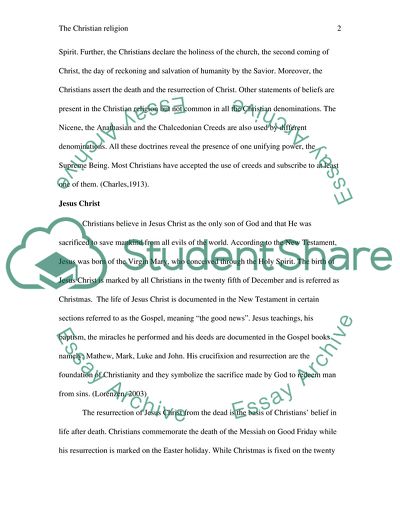Cite this document
(Analysis of the Christianity Religion Assignment, n.d.)
Analysis of the Christianity Religion Assignment. https://studentshare.org/religion-and-theology/1738532-what-is-christianity
Analysis of the Christianity Religion Assignment. https://studentshare.org/religion-and-theology/1738532-what-is-christianity
(Analysis of the Christianity Religion Assignment)
Analysis of the Christianity Religion Assignment. https://studentshare.org/religion-and-theology/1738532-what-is-christianity.
Analysis of the Christianity Religion Assignment. https://studentshare.org/religion-and-theology/1738532-what-is-christianity.
“Analysis of the Christianity Religion Assignment”. https://studentshare.org/religion-and-theology/1738532-what-is-christianity.


